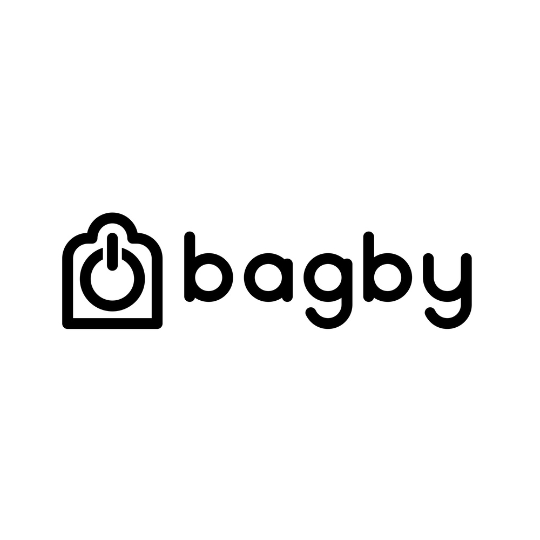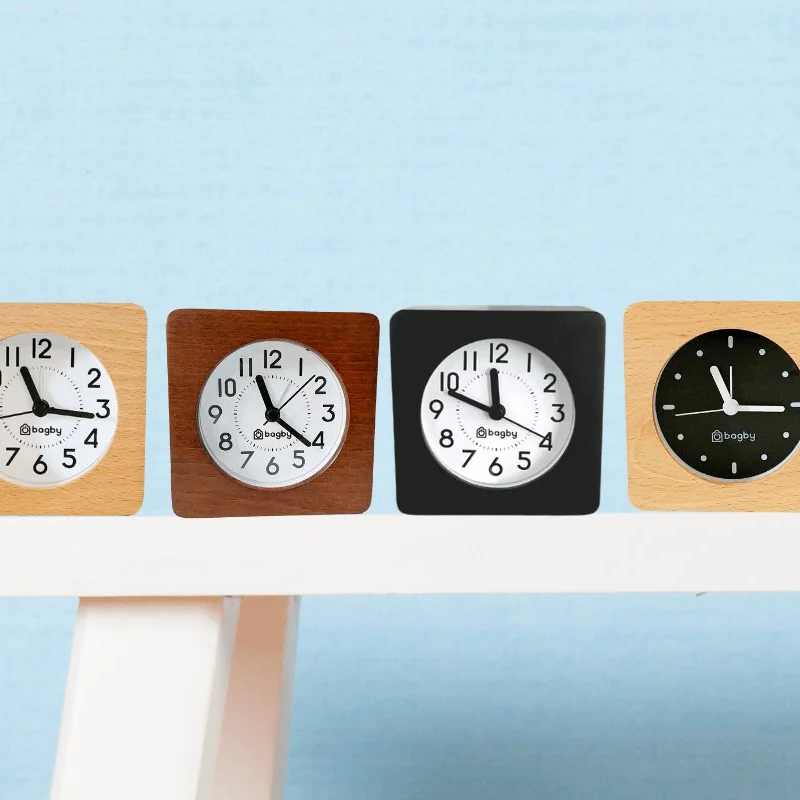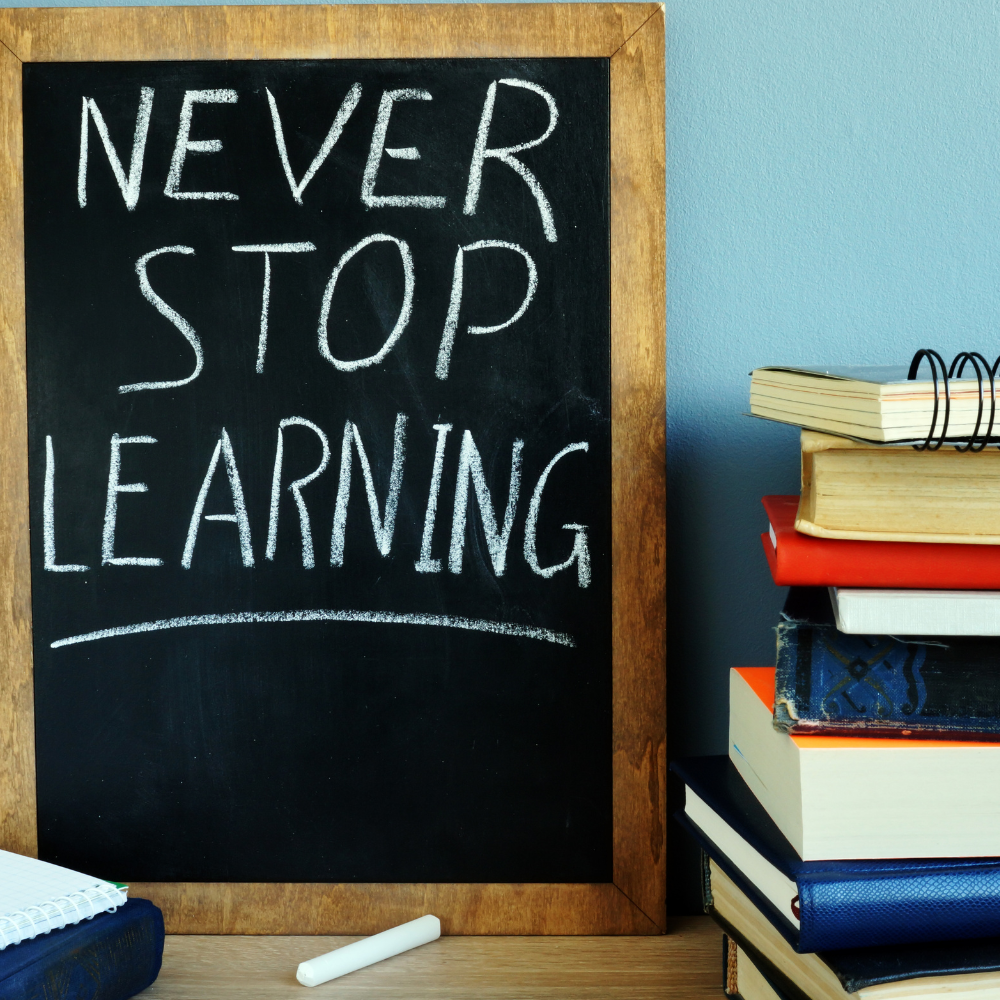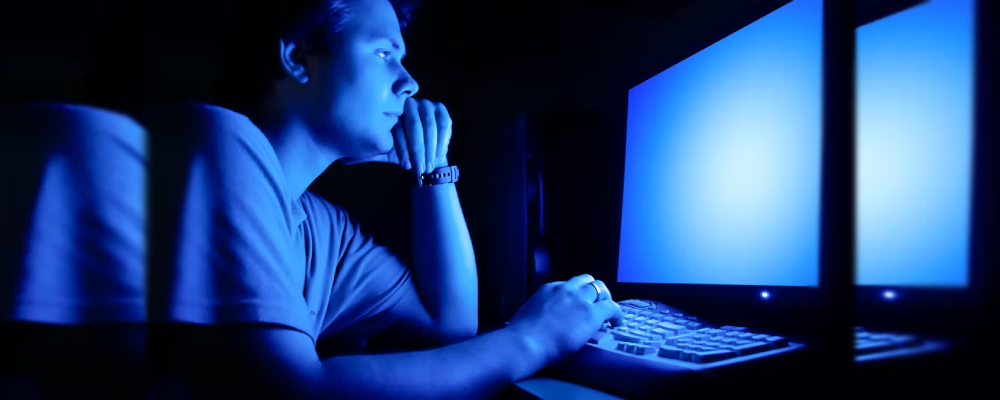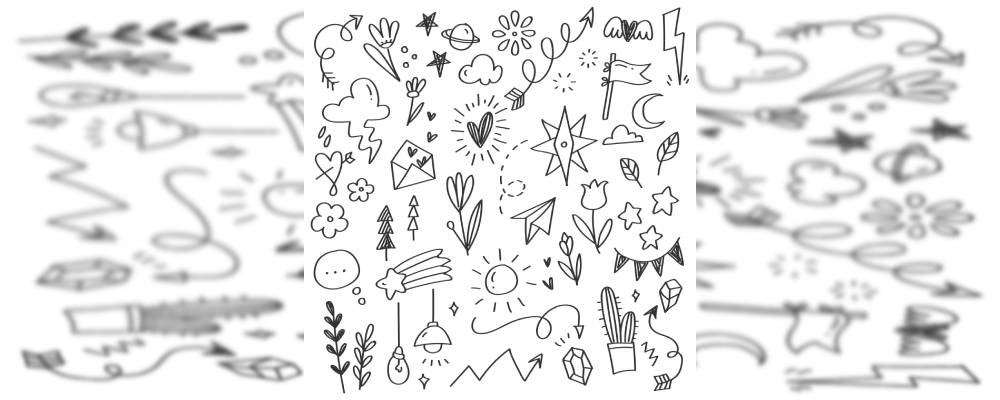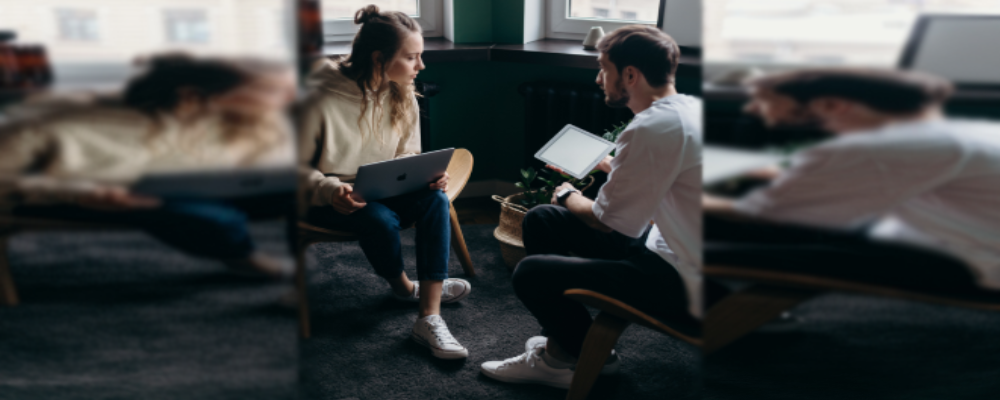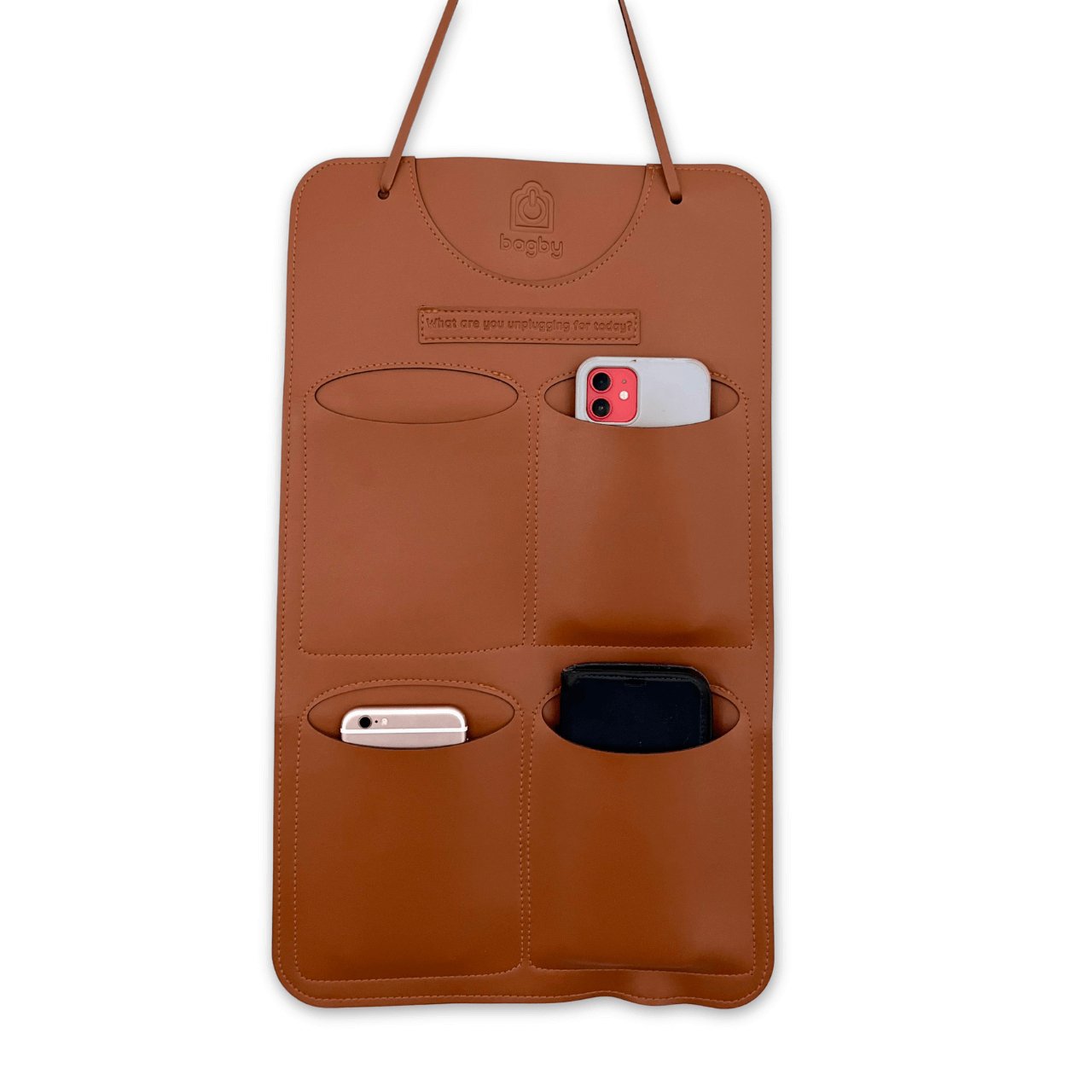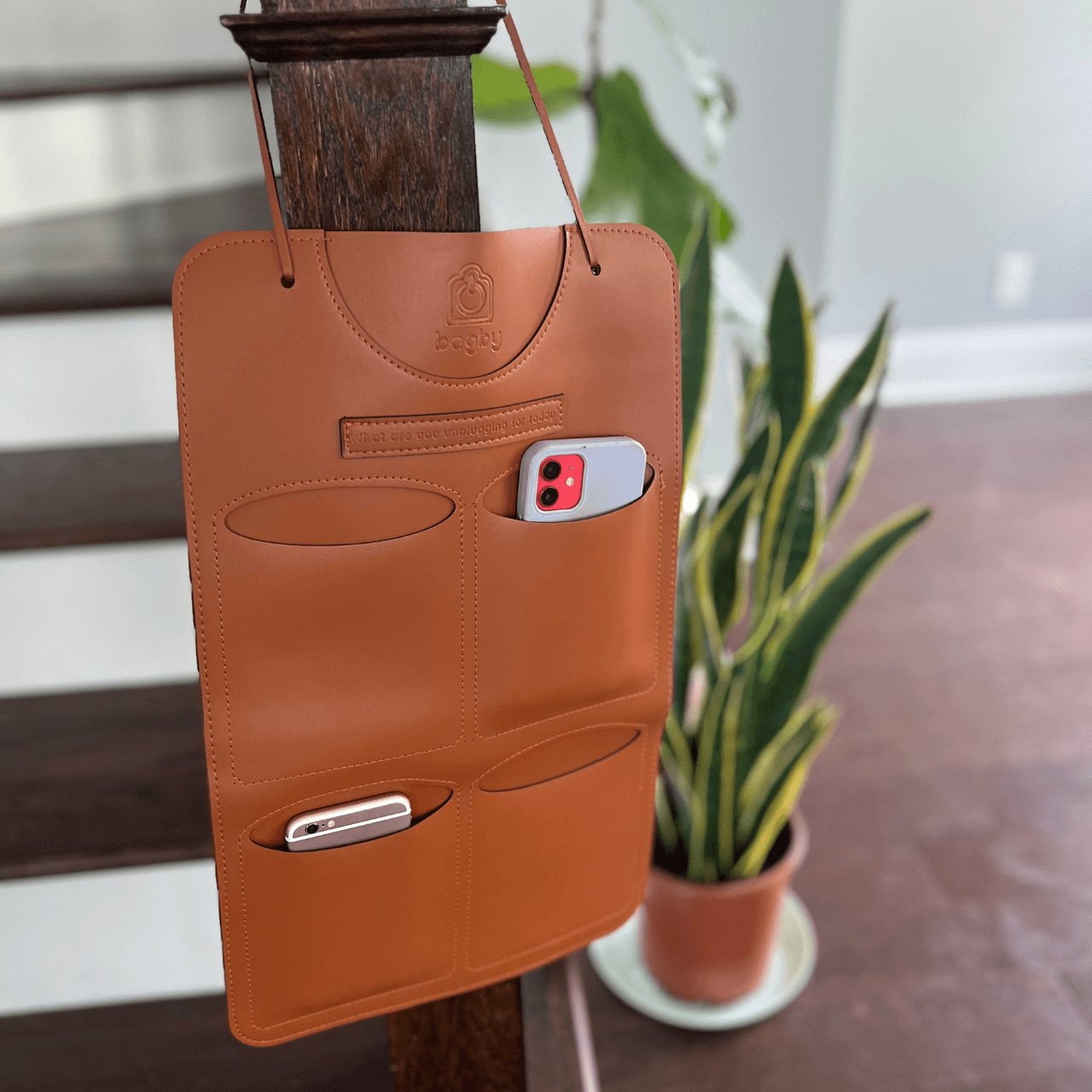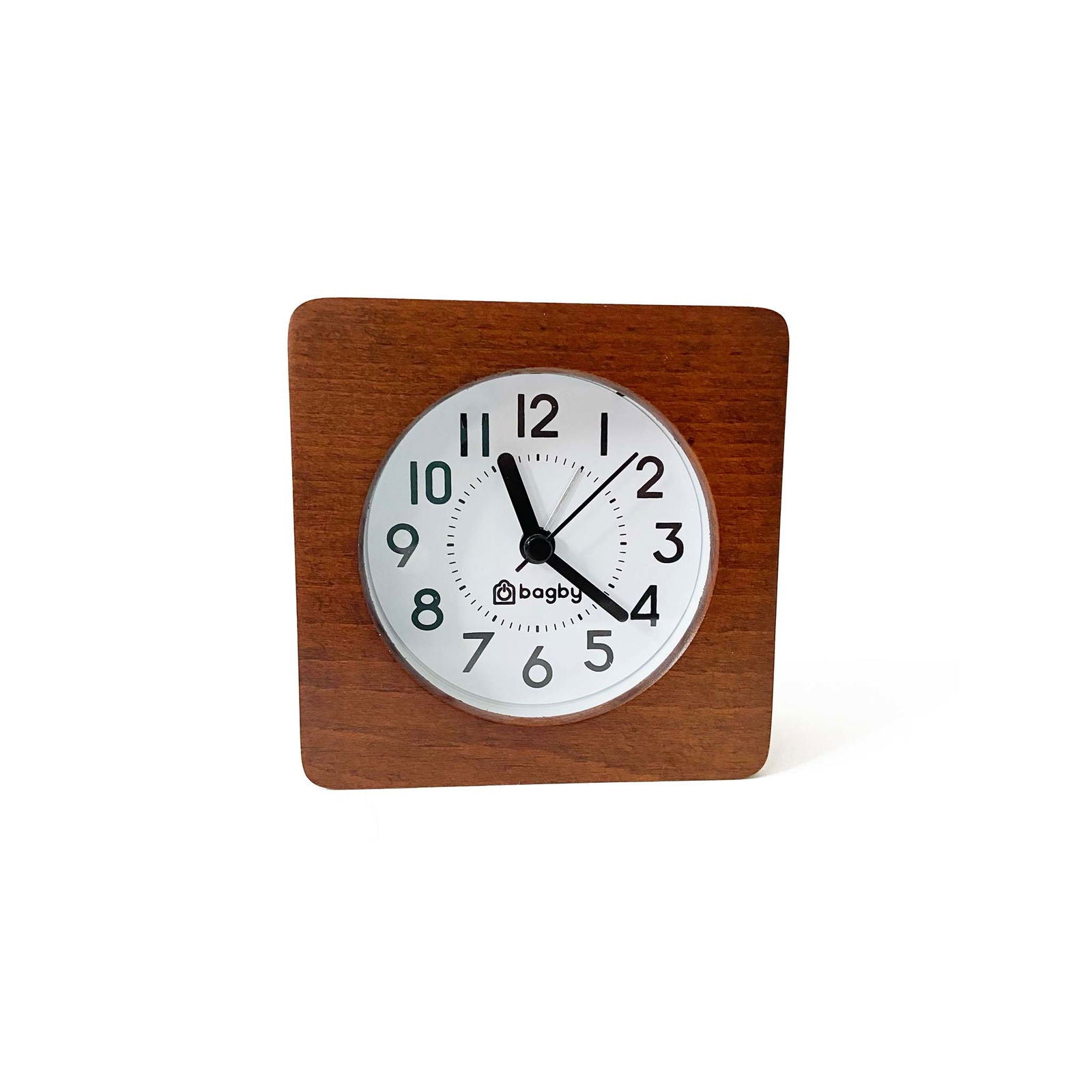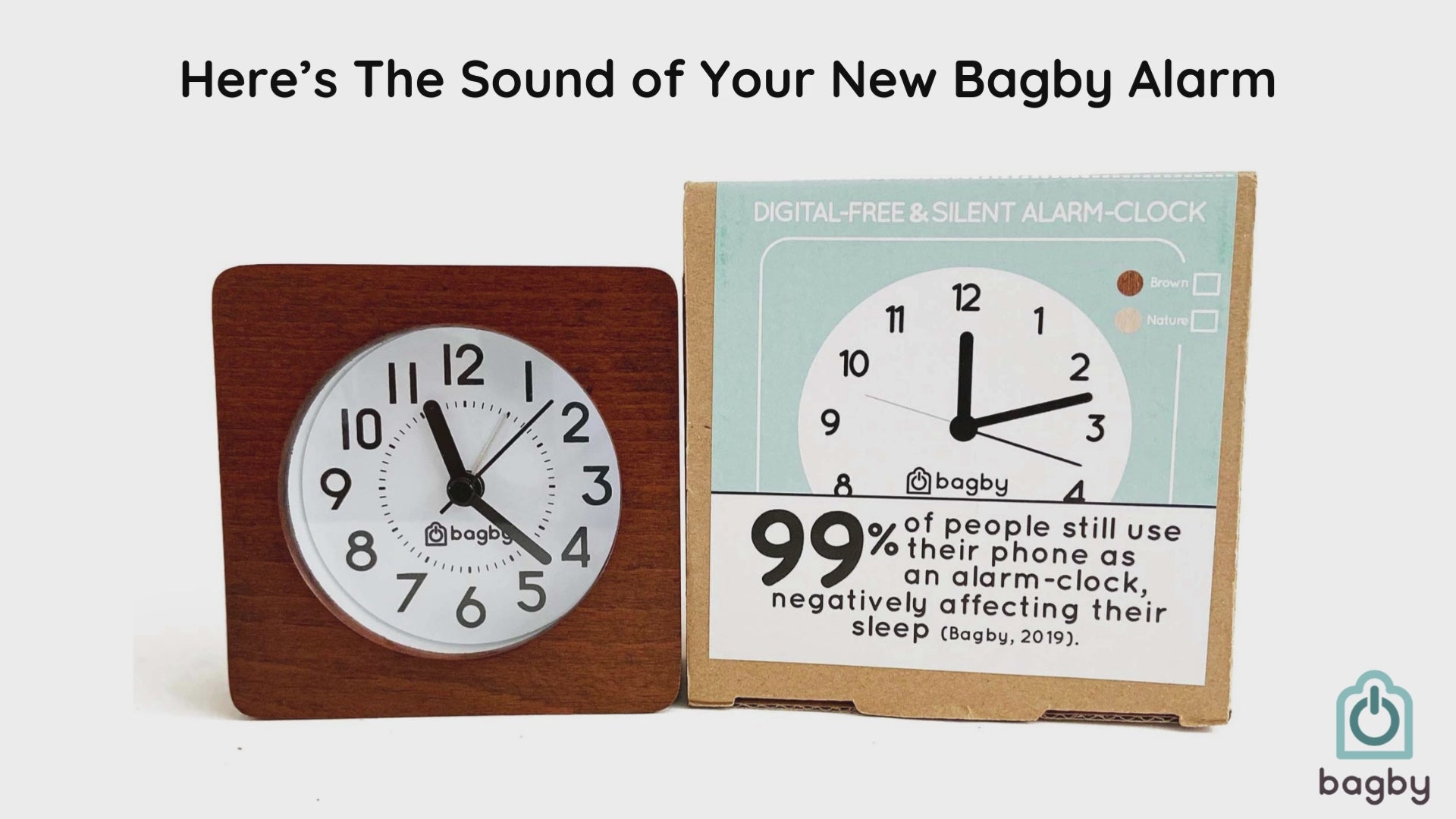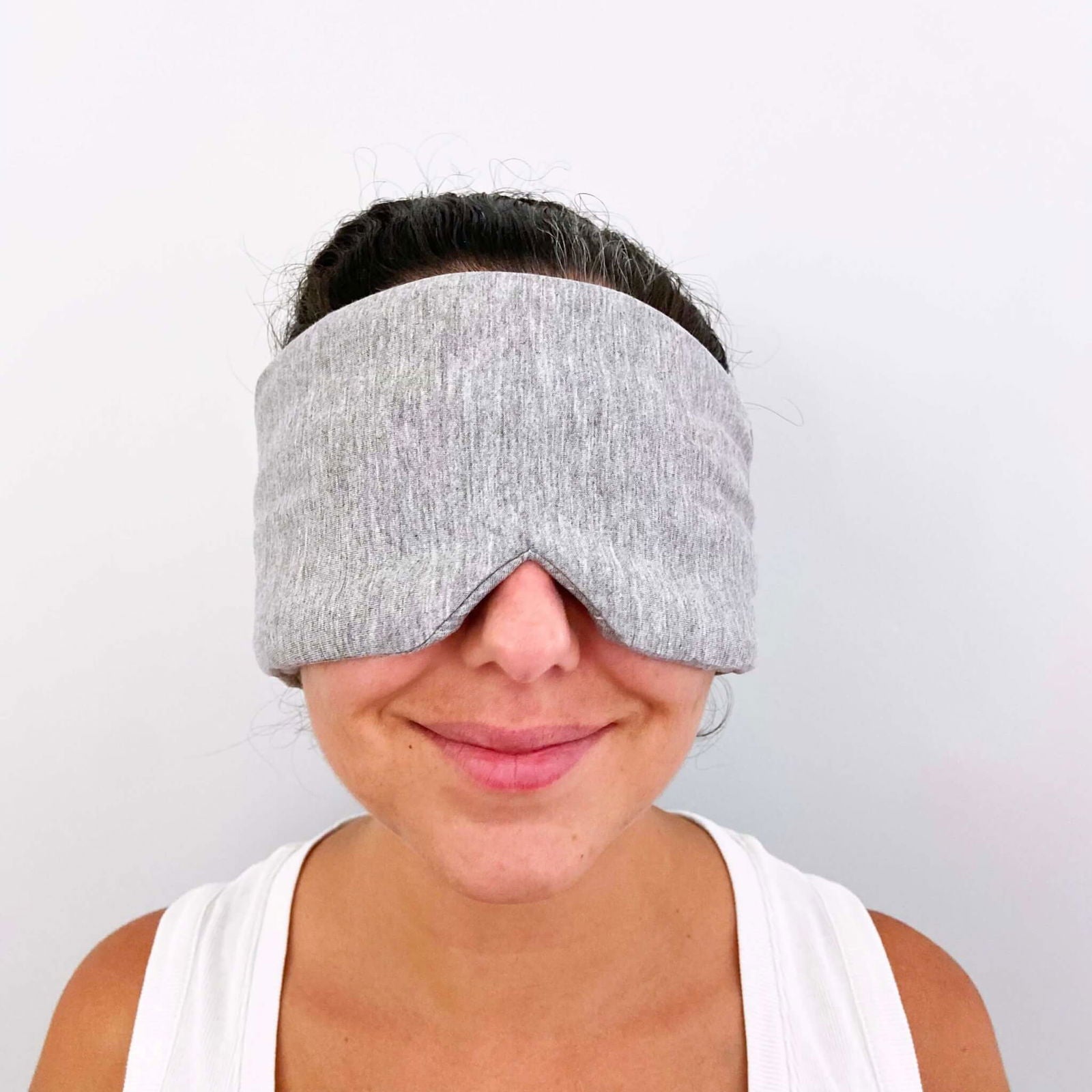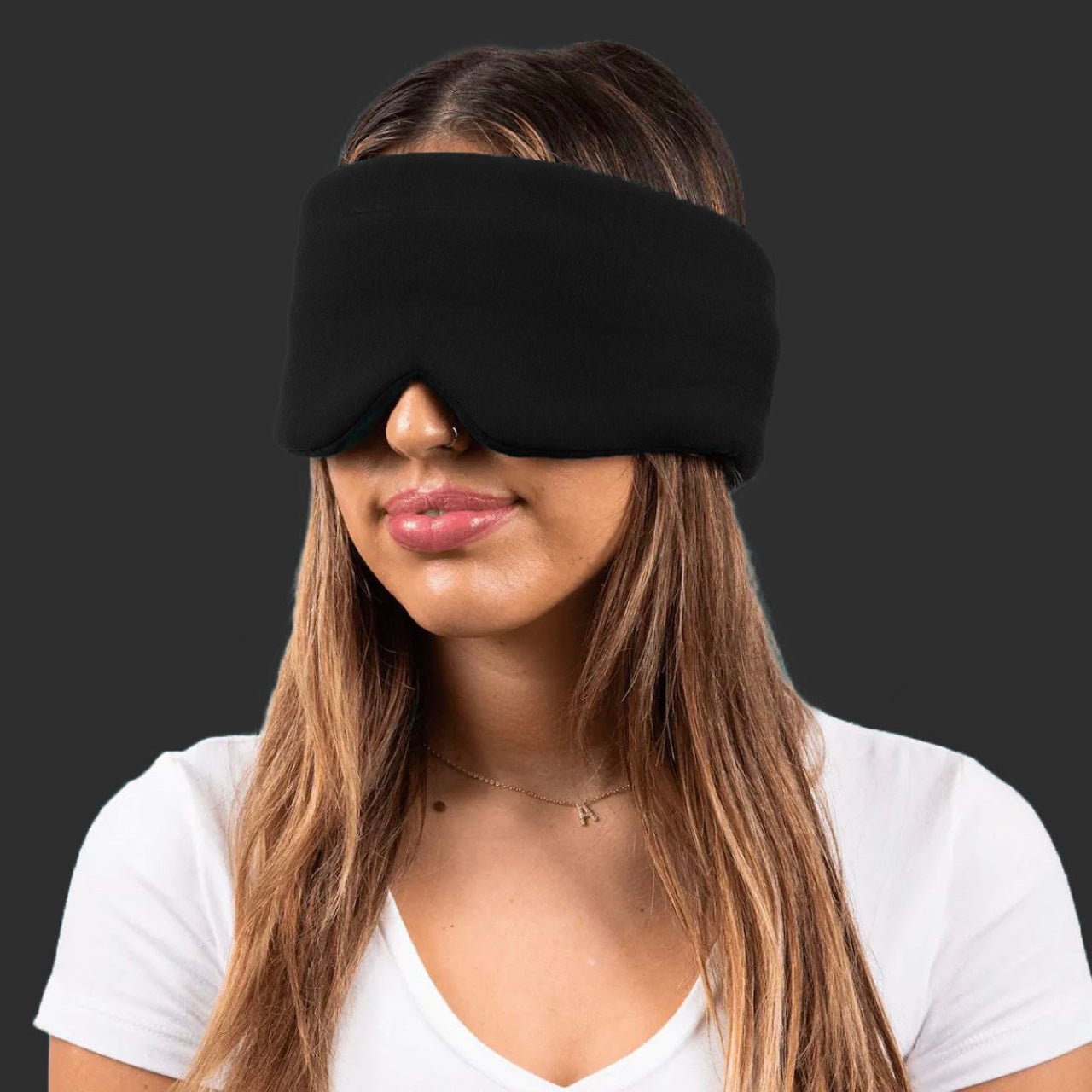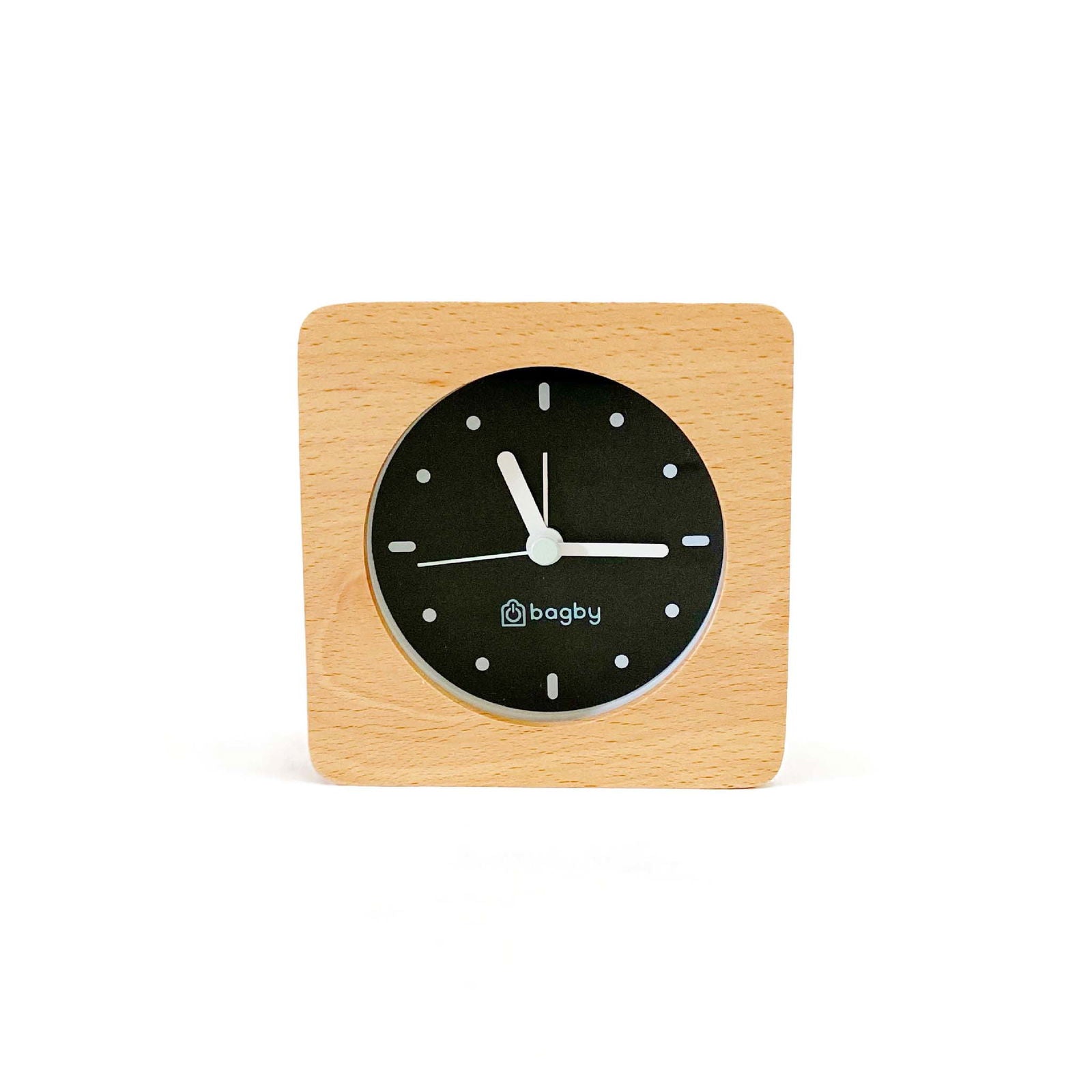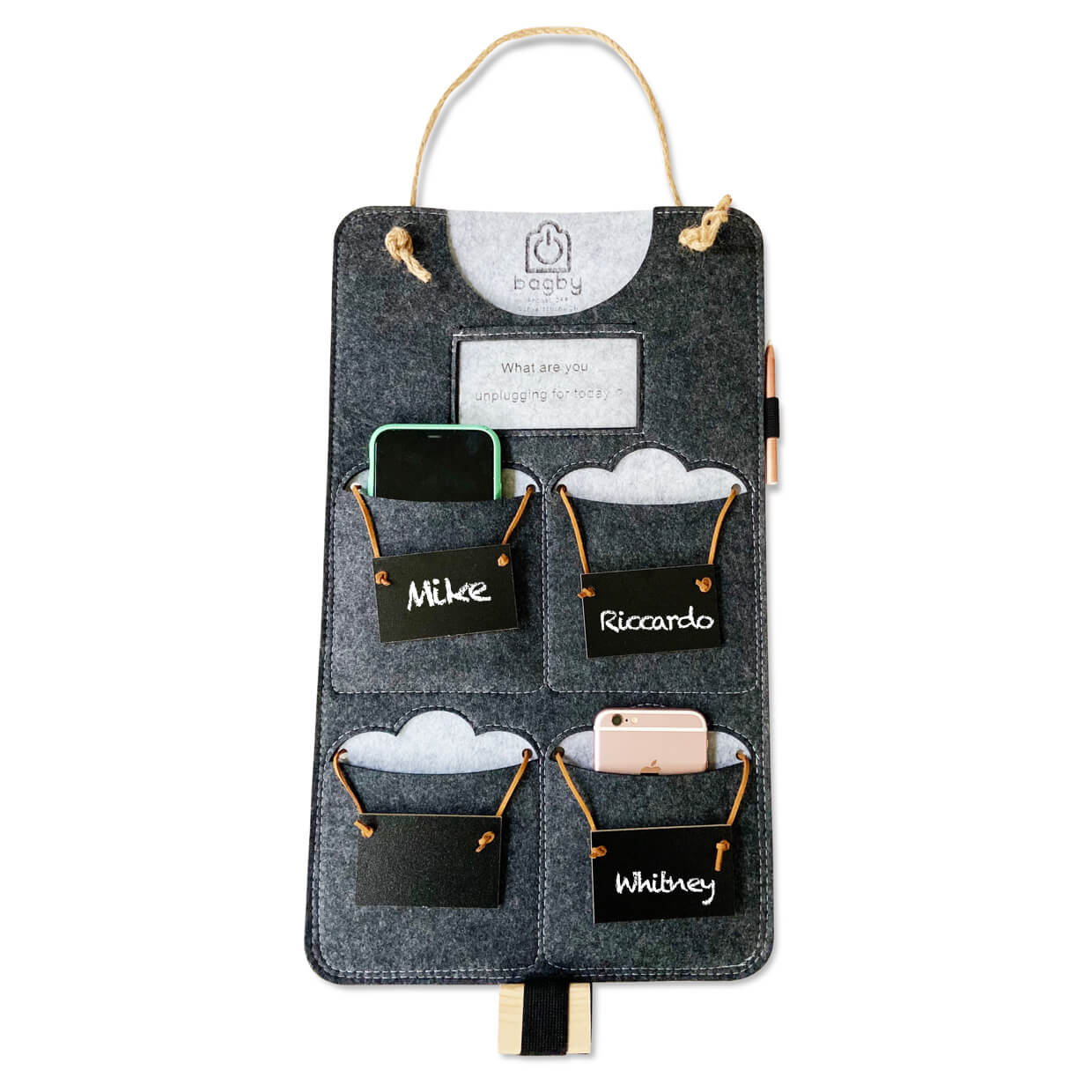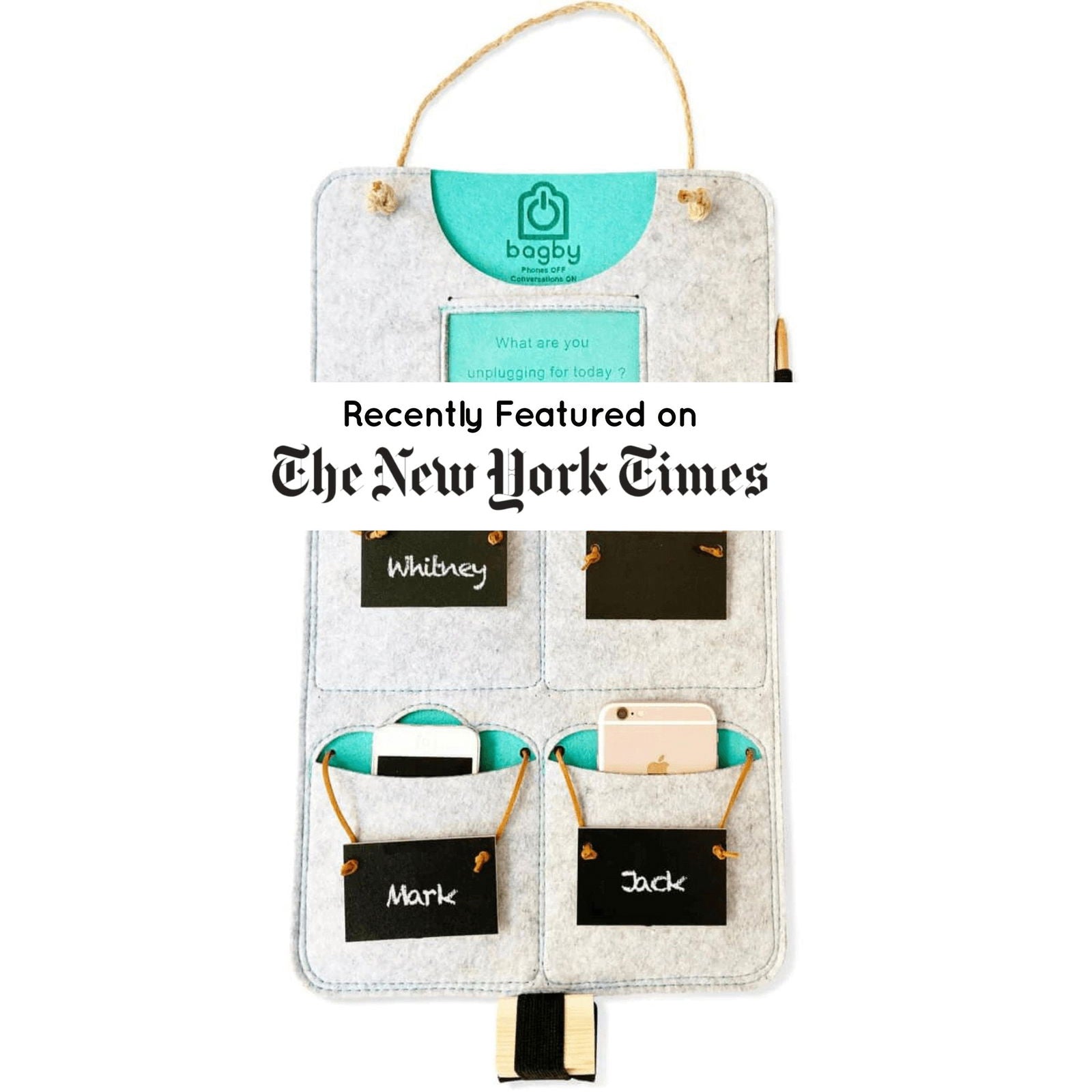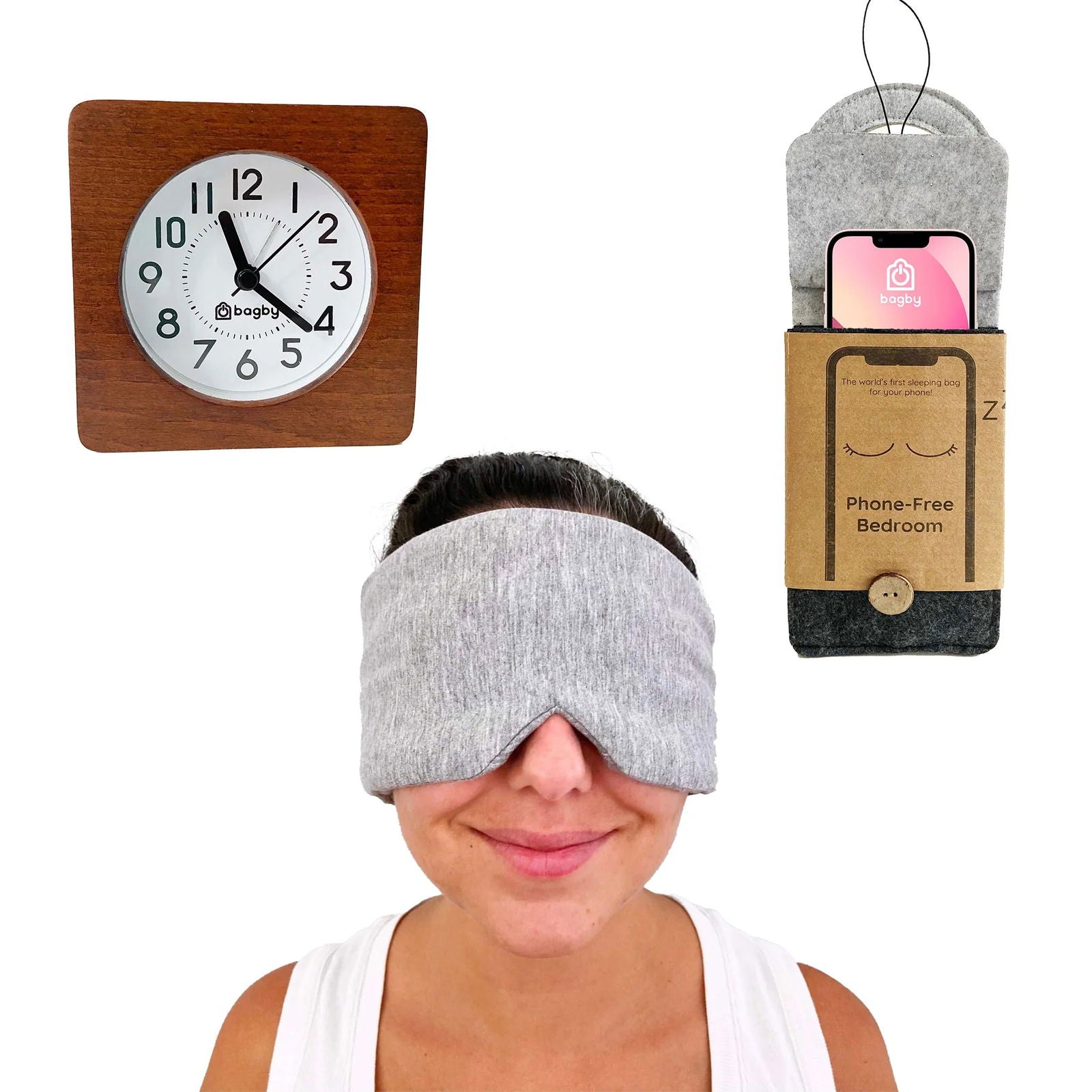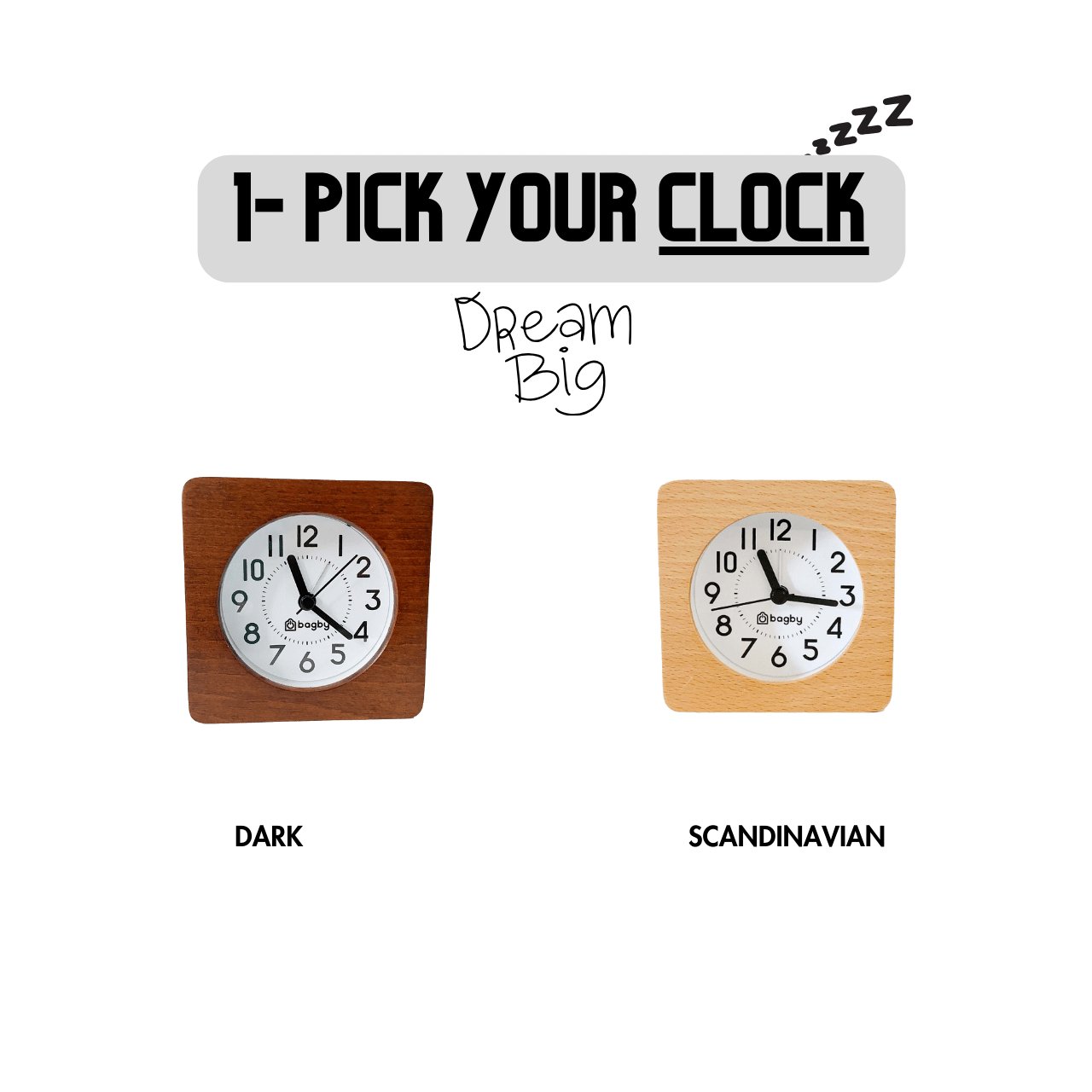How much quality sleep do you get per night?
The World Health Organization recommends 7-9 hours of quality sleep for optimal health. But did you know that 35% of the US population gets less than the recommended amount?
Although our fast-paced lifestyle is to blame for this massive rise in sleep deprivation among the general population, scientists think that our modern electronic gadgets also have something to do with it.
Research studies say that the blue light from your screen-based gadgets suppresses your melatonin production, preventing you from having a good night’s rest.
So, this guide is all about helping you with that. We’ll talk about blue light, its effects, and the changes you need to make in your lifestyle to prevent blue light from interfering with your sleep.
And as always, there’s a TL;DR at the end, which stands for too long; didn’t read. If you don’t have the time to read the whole text, you can jump to the bottom, where you’ll find a bulleted summary of the tips in this guide.
What is Blue Light?
Blue light is one of the seven visible lights in the visible light section of the electromagnetic spectrum.
We get our daily blue light exposure from the sun. And because of that, our circadian rhythm is also based on it.
This means that as soon as you are exposed to blue light from the sun, your brain tells your body it’s time to trigger activity mode.
As the sun sets, your brain tells your body to start settling down. You start feeling drowsy, getting prepped for a good night’s rest.

Your brain takes the absence of blue light as a reference to trigger rest mode.
Now, there wouldn’t be any problems if our blue light exposure was just from the sun. But it’s not just the sun that emits blue light in the 21st century.
Our LED screen-based devices and LED and fluorescent lighting also produce a huge amount of blue light. And since we don’t stop using these sources after sundown, this exposure hampers our brain’s ability to activate the rest mode.
This causes you to toss and turn in the bed, and even if you finally doze off, your sleep quality won’t be optimal.
Check out this post from Shield Your Body to learn everything you need to know about blue light and its effects.
How to Reduce Blue Light’s Effects on Your Sleep
One way to reduce artificial blue light’s effect on your sleep is to completely eliminate your screen-based gadgets and artificial lighting, never to use them again.
Don’t worry; that’s just one way— but it’s not the only one!
Another way you can reduce artificial blue light’s effect on your sleep is to make some healthier changes in your lifestyle. This way, you can enjoy the convenience of modern technology while still protecting yourself from blue light’s harmful effects on your sleep.
Here, have a look at some of the changes you can make.
Quit Using Your Gadgets At Least Two Hours Before Bed
Our eyes need time to settle down. This means even if you turn off all the lights in your bedroom before going to sleep, the effects of the blue light from your screens will still remain.
Experts recommend ceasing the use of screens at least two hours before bed. This will help your eyes settle down, and your gadgets won’t get a chance to overstimulate your brain.

Because you’ll allow your body to enter rest mode, your brain will be able to slow down and focus on background tasks like healing and detoxification.
Dim Your Lights in The Evening
As the evening falls, darkness sends a crucial message to your body that it’s time to start feeling sleepy.
If you have bright lights in your home’s common areas, it signals your body to stay awake and not feel tired enough to fall asleep.
This is why we recommend dimming all the lights in your home. As I already mentioned, LED and fluorescent light bulbs also emit a massive amount of blue light. And if you keep your lights bright all evening, it could affect your sleep.

If it’s not possible to dim the lights in your entire house, at least turn on the night lamp in your bedroom a few hours before your sleep.
Enjoy Offline Activities After Work
For many of us, screens are unavoidable during work hours. But, once you clock off for the day, why not take control of your time and use it to do some offline activities that benefit your well-being?
Here are some of the things you can do:
- Get outside and walk
- Cook something
- Pick up a magazine
- Read a good book
- Organize your junk drawer
- Do some exercise
- Spend some time with your family
- Pick up DIY projects
Activate the Blue Light Filter on Your Gadgets
Most modern gadgets come equipped with a feature called the “blue light filter” or “night mode.”
If you really have to use your gadgets at night, these filters will give you a degree of protection.
Now, I don’t recommend that you use your gadgets unnecessarily just because you have this filter turned on. Even though the filter reduces your blue light exposure, there’s still the risk of overstimulating your brain, leading it to stay active when it should be resting.
But if you work at night or you have something important to do—do it with this filter turned on.
You can do a simple Google search to fetch instructions on activating this feature on your device. You can also schedule your device to turn on the blue light filter at night and automatically turn it off in the morning.
Use Blue Light Glasses
Besides turning on the blue light filter on your devices, you can add another layer of protection with SYB’s Blue Light Glasses.
These glasses are designed with special materials to block 35% of the blue light coming toward your eyes.
Why 35%? Because that’s the strongest level of protection you can get on clear all-day glasses right now. And it works.

You can wear your SYB Blue Light Glasses comfortably all day long, and their special lenses will give your eyes enough protection to avoid blue light-induced health effects.
And here’s the most exciting part: they don’t interfere with your style at all. The glasses come with stylish black frames, which are great for men and women, adults and teens. And the clear lenses mean you can wear them anywhere, any time.
SYB Clip-On Bluelight Glasses
In most cases, adding a blue light filter to prescription glasses isn’t an option. So, to solve this, we designed the SYB Clip-On Bluelight Glasses.
They provide great all-day power as our regular SYB Bluelight Glasses. The only difference is that these fit securely over any prescription glasses.

These Clip-Ons are made from special materials to filter out 35% of blue light, and they’re designed uniquely to fit almost any frame you may have.
Moreover, with each pair of SYB Clip-On Bluelight Glasses comes a durable, protective hard plastic case, so you can safely carry your Clip-On glasses with you wherever you go.
So, check out the very stylish and highly effective SYB Clip-On Bluelight Glasses at the SYB Store.
TL;DR
If you’re here after reading the whole guide, I’d like to thank you for supporting our efforts to make your relationship with technology a safer, healthier one.
And if you’re here because you don’t have time to read the whole text, here’s the TL;DR as promised.
Follow the two-hour rule: Stop using screens at least two hours before bed, so your eyes can adjust to the natural environment.
Dim your lights in the evening: LED and fluorescent bulbs also emit blue light. So, dim your lights in the evening. If you can’t do it for your whole home, at least turn on the night lamp in your bedroom.
Enjoy offline activities after work: Offline activities like reading a book, cooking, or taking a walk help you reduce your screen time, improving your sleep.
Activate the blue light filter feature on your gadgets: Most modern devices come equipped with a blue light filter feature. Search online for instructions on your specific device.
Use SYB’s blue light glasses or SYB Clip Ons: Try using the all-day blue light-blocking glasses from SYB. They’re stylish, affordable, and, most importantly, highly effective.

